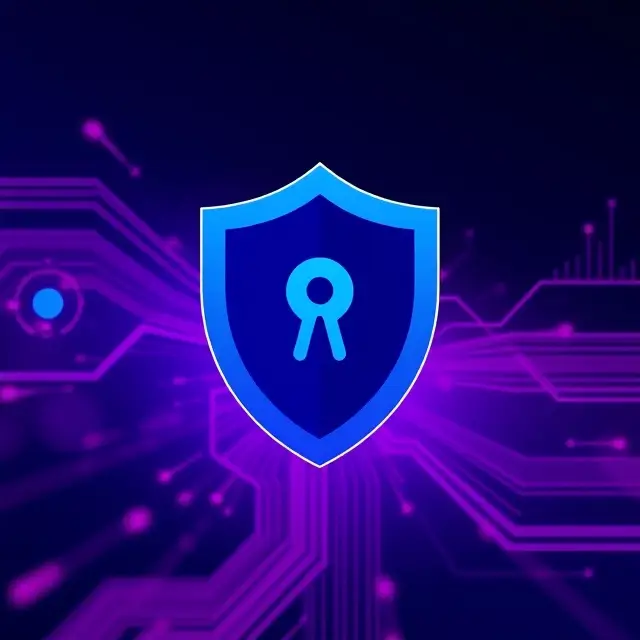Description
What is a VPN?
A Virtual Private Network (VPN) is a technology that establishes a secure and encrypted connection between your device and a remote server operated by the VPN provider. This connection masks your real IP address and routes your internet traffic through the VPN server, effectively anonymizing your online activities and protecting your data from potential cyber threats.
By its very definition, a VPN connection is:
- Virtual because no physical cables are involved in the connection process.
- Private because through this connection, no one else can see your data or browsing activity.
- Networked because multiple devices—your computer and the VPN server—work together to maintain an established link.
Features:
- Online Privacy Protection
VPNs hide your IP address and encrypt your data, ensuring that your internet activity remains private from hackers, internet service providers (ISPs), and even government surveillance. - Secure Public Wi-Fi Usage
When connected to public Wi-Fi networks, such as those in cafes or airports, your data can be vulnerable to interception. VPNs add a layer of security, protecting your information from malicious actors. - Accessing Geo-Restricted Content
VPNs allow you to bypass geographical restrictions and censorship by routing your traffic through servers in other countries. This is particularly useful for accessing streaming services, websites, or apps that are blocked in your region. - Improved Online Security
VPNs safeguard sensitive information, such as login credentials and financial details, by encrypting your data. This is crucial for professionals handling sensitive work or individuals making online transactions. - Bypassing Censorship
In countries where internet content is heavily censored, VPNs provide a way to access blocked websites and maintain freedom of information.
Importance of a VPN
- Data Security
With the rise in cybercrime, using a VPN is an essential tool to protect personal and professional data from breaches. Encryption ensures that even if intercepted, your data remains unreadable. - Anonymity
VPNs enable anonymous browsing by masking your IP address, reducing the risk of being tracked by advertisers, hackers, or websites. - Remote Work Enablement
VPNs are essential for businesses, allowing employees to securely access company networks and resources from remote locations. - Avoiding Bandwidth Throttling
Some ISPs throttle bandwidth based on activity. A VPN can prevent this by masking your traffic from the ISP.
In today’s digital age, a VPN is a critical tool for maintaining privacy, security, and freedom online, ensuring you stay protected and in control of your data.





Reviews
There are no reviews yet.